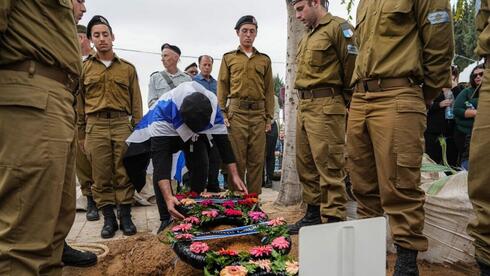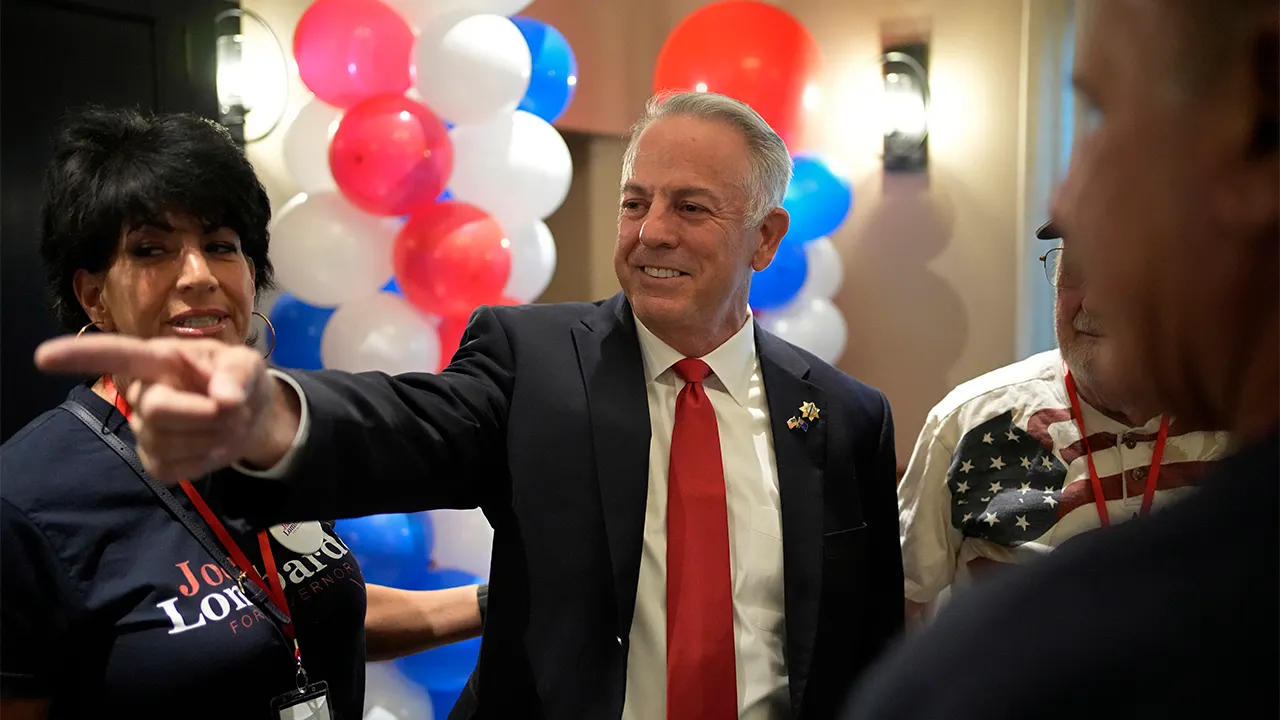One-third of war fallen’s families unable to return to work: ‘Losing a child is a disability’
By Gal Ganot
Copyright ynetnews

A new study paints a grim picture of bereaved families from the Iron Swords war, highlighting the challenges they face in returning to daily life and the workforce. According to the research, conducted by the organization Yad LaBanim, more than a third (34%) of bereaved family members have not returned to work following the loss of a loved one, with some never resuming employment and others attempting to return but ultimately leaving. The findings underscore the profound personal, familial and social trauma experienced by bereaved families, as well as the significant economic and occupational challenges they face. The study, led by Dr. Galit Madar and Dr. Noa Ben Yosef, surveyed 205 first-degree bereaved family members and is the first of its kind to examine the relationship between the loss of a family member and the ability to resume work. Among the main findings: 65% of respondents returned to work, while 21% did not return at all and 13% attempted a return but left. The research also revealed a familial ripple effect: when one family member does not return to work, other members are more likely to remain unemployed. The study highlighted disparities between employment sectors: 74.7% of public-sector workers returned to work compared to 59% in the private sector. Employment status also mattered: salaried employees returned at a rate of 68.8%, self-employed at 39.1% and students at 80%. Wage levels were another factor, with higher-paid respondents returning at 83.1% versus 46.7% for lower-wage earners. Siblings of fallen soldiers were particularly affected, with many unable to resume work due to lack of recognition and financial support. Yaniv Russo lost his son, Ofek, a combat medic in the Israeli Navy’s elite Shayetet 13 unit, in combat at Kibbutz Be’eri in October 2023. “When a person wakes up in the morning, they have goals, short- and long-term. Work is part of that—it fills our lives and helps us reach our objectives. When something extraordinary happens, and losing a child is the most extraordinary event, everything collapses. All dreams and goals become irrelevant,” Russo shared. Since that day, Russo, a business consultant, has not returned to work. “My mental state didn’t allow me to continue. I had no interest, no focus. I saw no reason to work—everything collapsed. In this deep grief, there are two struggles: dealing with the loss, the pain, the longing, and coping with shattered life and the effort to rebuild something new. Over time, people manage more, but the pain only intensifies. Being a bereaved parent is like a disability. You can learn to live with a lost leg, but not a lost child. Everything collapses. The state does what it can, but it needs to do more,” he said. Ravid Tsanani lost his brother Tuval, an Armored Corps soldier, to an anti-tank missile in Gaza on December 4, 2023. “Many bereaved siblings deal with post-trauma symptoms. We carry our parents we don’t just hold ourselves. The day I lost my brother, my mother screamed she wanted her son and my father fainted. I had to comfort my mother and call an ambulance for my father. I couldn’t cry for myself I carried everyone else’s pain,” Ravid shared. Before the war, Tsanani worked in sales and as a bartender, but stopped working after losing his brother. “People see me as a bereaved sibling and think the pain only belongs to the parents. They say, ‘You’re young, you’ll move on,’ but that’s not the case. I identified my brother after he was killed, buried him with my own hands, and submitted a report on the incident to the army. Since then, I’ve focused only on memorializing him. Without me, he would be forgotten, just a number.” Tsanani said he tried to return to work several times but had to leave again. “Our pain is so visible. People expect you to get up and do the impossible—return to life as if nothing happened. After my brother died, I went to work and cried until I couldn’t anymore. Every morning I tried, but ended up sitting and crying. Sometimes I forced myself to wipe my face when clients asked how I was, but I couldn’t tell them my brother had died. I live day to day and don’t know how I’ll survive financially. The support we get from the state today is a joke it doesn’t really help us.” Last month, a group of bereaved siblings from the Iron Swords war launched a petition demanding broader recognition by the state. “For the state, there’s no such thing as a bereaved sibling. There are widows, parents and orphans. We, who are first-degree relatives, grow up with the fallen, yet we are not recognized. I lived with my brother for 20 years in the same room, and after losing him I don’t have minimal rights. Even small benefits, like property tax reductions, are denied to us. We are invisible,” they said. Daniel Chitiz lost his brother, Cpt. Yaron Chitiz, deputy commander of the Shaked Battalion in the Givati Brigade, killed in Gaza on December 26, 2023. “The world forgets that it’s not just my brother I lost—he was extremely close to me, and I was like a father to him as a child. There’s a need to support parents after such events. I have to work on his memorial while maintaining my job and family life as a married father of three. All this with zero state support,” Daniel said. Eli Tahar, chairman of Yad LaBanim, said: “As someone who accompanies parents and siblings daily, I know how heavy the burden of bereavement is alongside the need to return to work. That 34% of families cannot resume work is staggering. It’s a wake-up call before it’s too late.” Moshe Aviv, the organization’s CEO, added: “These shocking findings demand that government ministries, the Knesset and National Insurance Institute work together to build a comprehensive response. Special attention must be paid to bereaved siblings, a largely invisible group without recognition. This exploratory study by Yad LaBanim aims to pave the way for national responsibility and deep moral recognition owed to families of the fallen.”



